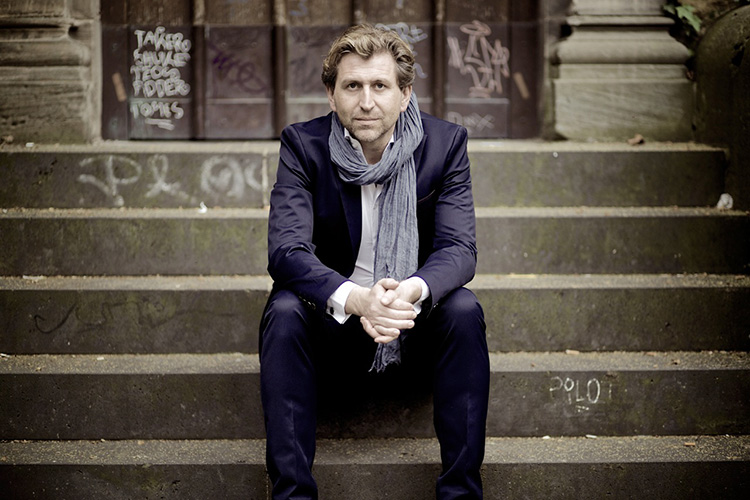When Andreas Schagerl dropped his name's final l, it was clear that his ambitions went beyond what he had done so far.
From 2003, he had sung mostly operetta (including comprimario parts) and some Mozart on less than prominent stages: the tiny
Schönbrunner Schlosstheater in Vienna (mostly used for productions staged by the students of the academy of music), Krefeld,
Mönchengladbach, tours of Belgium and the Netherlands with productions of Wiener Blut and Csárdásfürstin.
But then, he had been "discovered" by conductor Gustav Kuhn (dreaded for his total lack of knowledge about voices),
who hired him for his low-class festival in Erl (Tyrol) as Steuermann (2010) and David (2011). As of then, he obviously aimed for
a career on a larger scale than previously envisioned, and so Schagerl became Schager. (The diminutive ending -erl is typical of
East Austrian dialects, and its pronunciation is the hallmark of having learned Austrian German – almost no German speaker
from Germany, Switzerland, or even Western Austria ever succeeds to pronounce those ‑erl endings properly. A name ending on -erl is
thus a major obstacle for an international career, even in Germany.)
Within few years, Schager sang Rienzi, Parsifal, Apollo in Daphne, Tannhäuser, Erik, both Siegfrieds, Tristan, Max; and no
longer in Krefeld or Erl, but at La Scala, the Berlin Staatsoper, the Mariinskij, the Vienna Staatsoper, the Metropolitan Opera.
When being asked to sing his first Siegfried, he briefly studied the score, and decided he could do it because "it's no more than
two times Zigeunerbaron". He also said the step from operetta to Wagner was easy, and far smaller than it would have been
from Mozart to Wagner. That's of course as crazy as the whole idea that his voice could ever be a heldentenor.
| Andreas Schager sings | Tristan und Isolde: O diese Sonne, with Violeta Urmana |
This is from 2014, so from his earliest heldentenor period. One has to be completely deaf not to hear how terribly the part
overstrains him. He shouts, he cracks the higher notes (not that there are any really high notes required here), he is lacking
the low notes, too, and the vibrato is starting to get out of control.
Nonetheless, he was soon hailed as the "world's best heldentenor", both by the press and by operagoers (read the comments to any
given Schager video on Youtube). Personally, I'm ok with that; I've long been convinced that opera is dead, and if Schager is a
heldentenor (let alone the world's best), then that's the proof that I'm right.
The following is from a 2016 concert; by then, he already had a heavy wobble. (Comments on Youtube were as imbecile as always. "I
don't hear any wobble", and the like.) It didn't prevent the Bayreuth Festival (where he made his debut in 2017 as Erik) from
hiring him as young Siegfried for 2022.
I heard him another two years after this concert, in 2018 – twice on the same evening: for the first and the last time. It was as
Max at the Vienna Staatsoper, and his voice was so throaty, husky, dry and wooden that it was definitely incompatible with
anything that I'm willing to consider singing.
Reference 1: Die Presse, 30 May 2018; reference 2
Source for the picture: Schager's website
